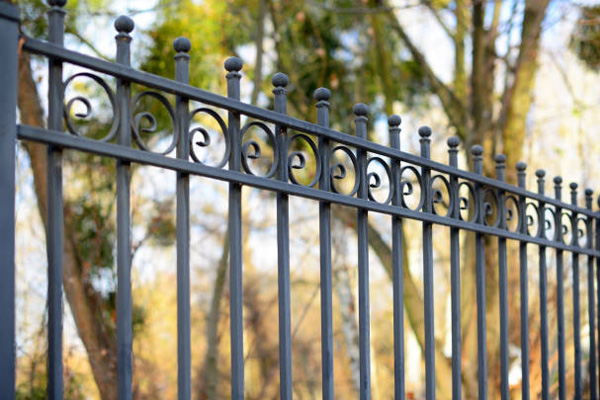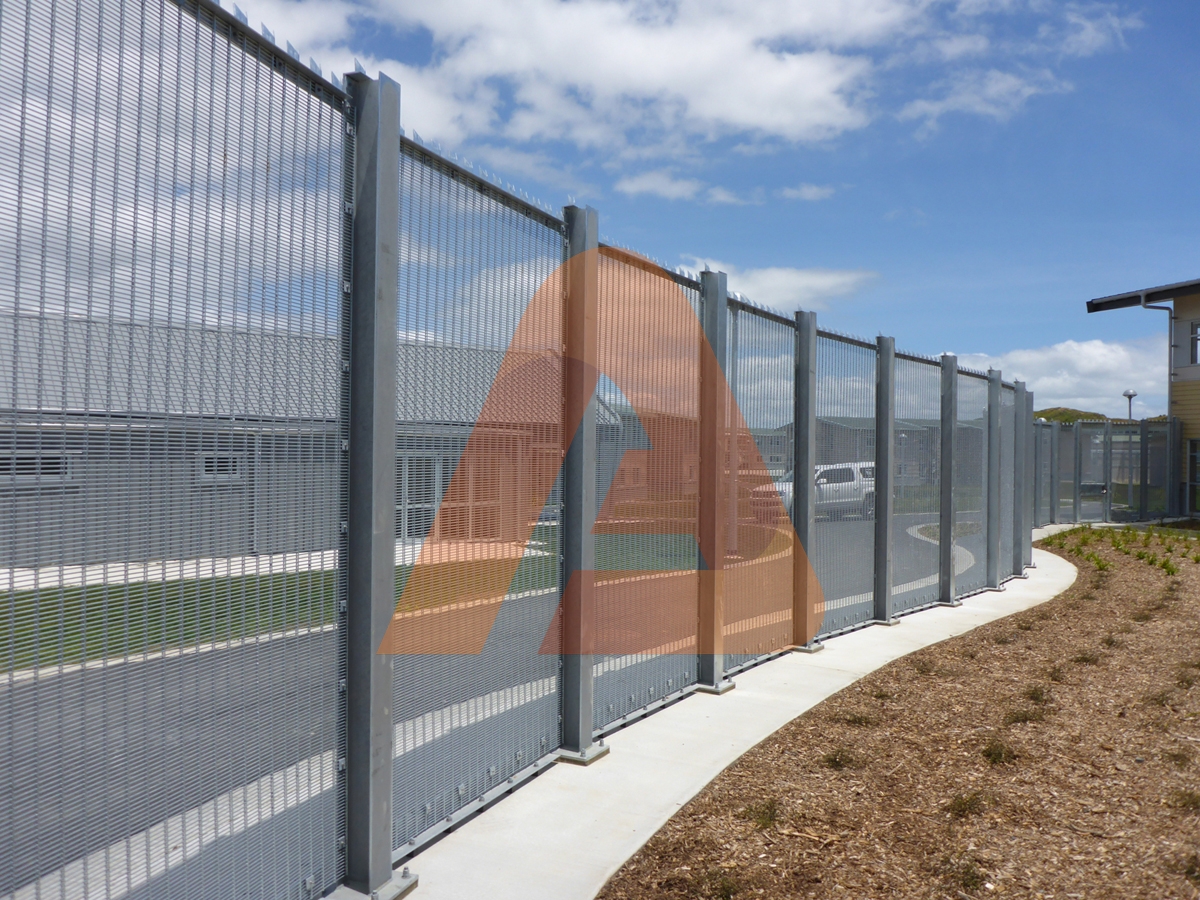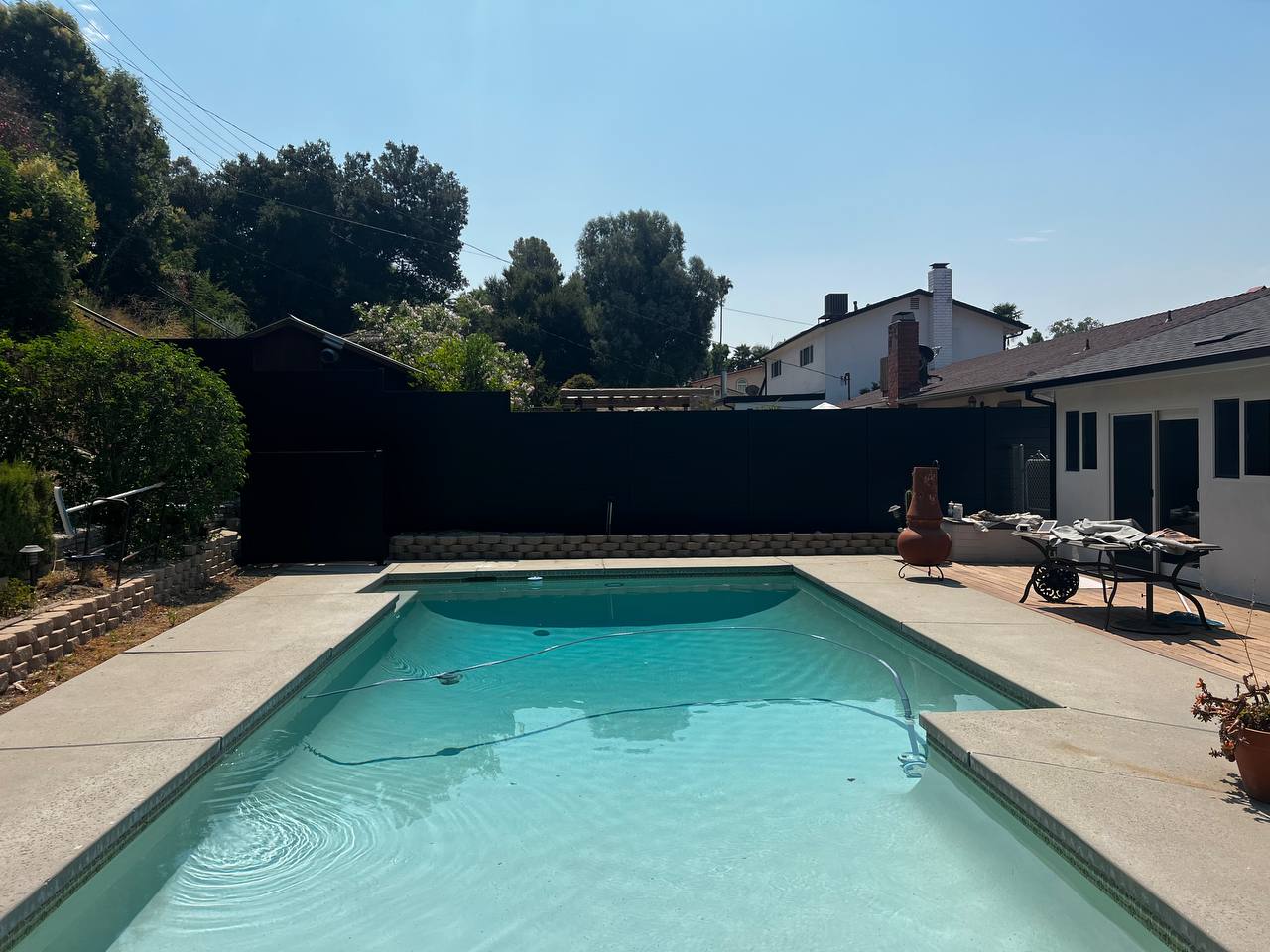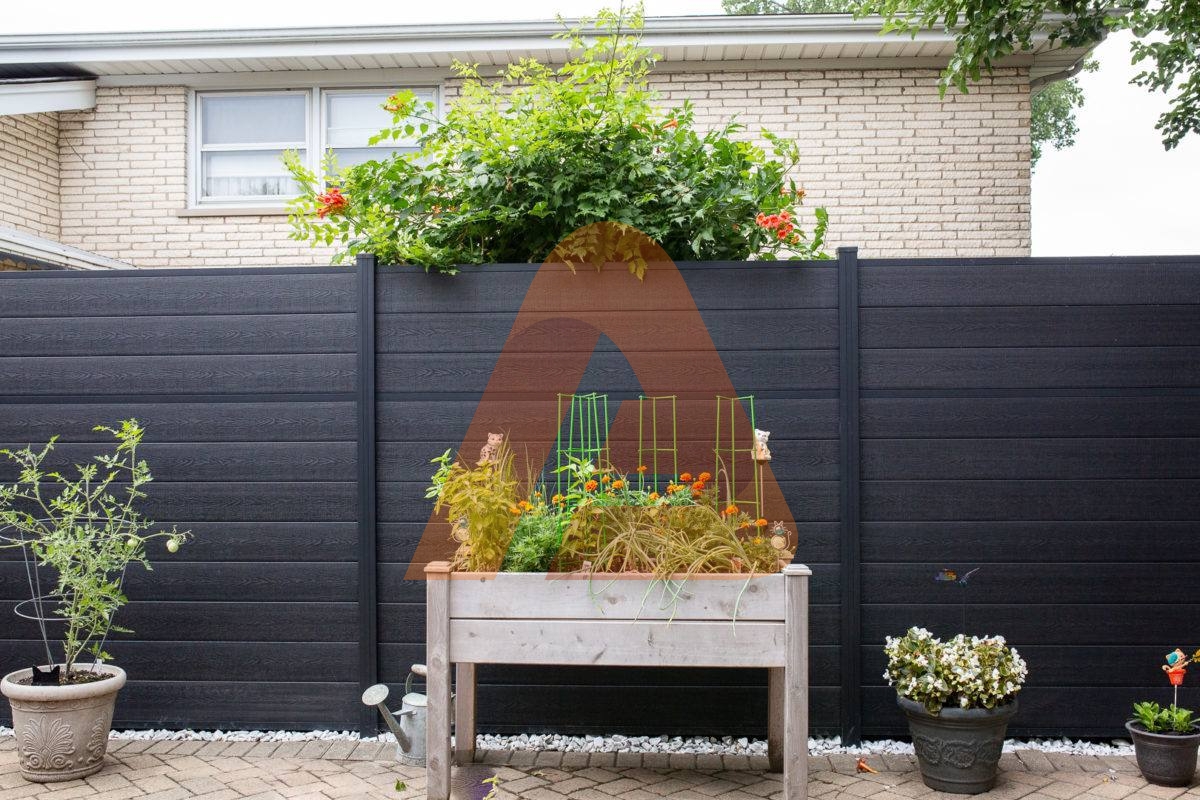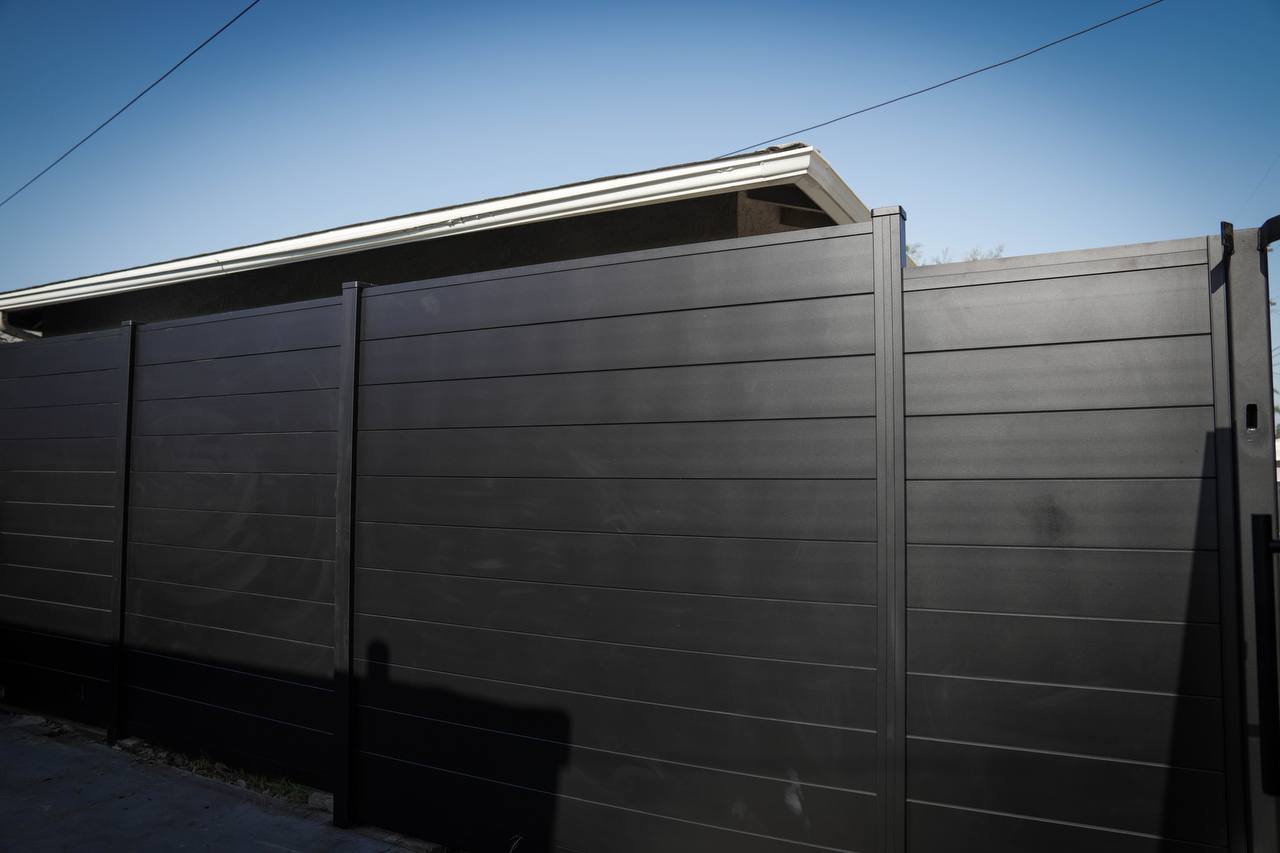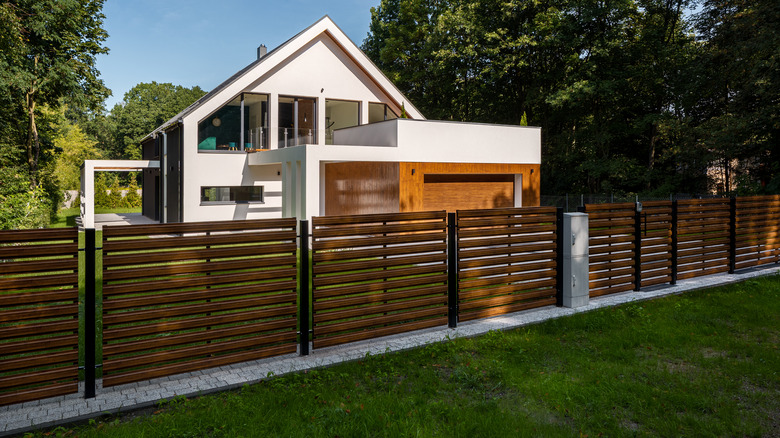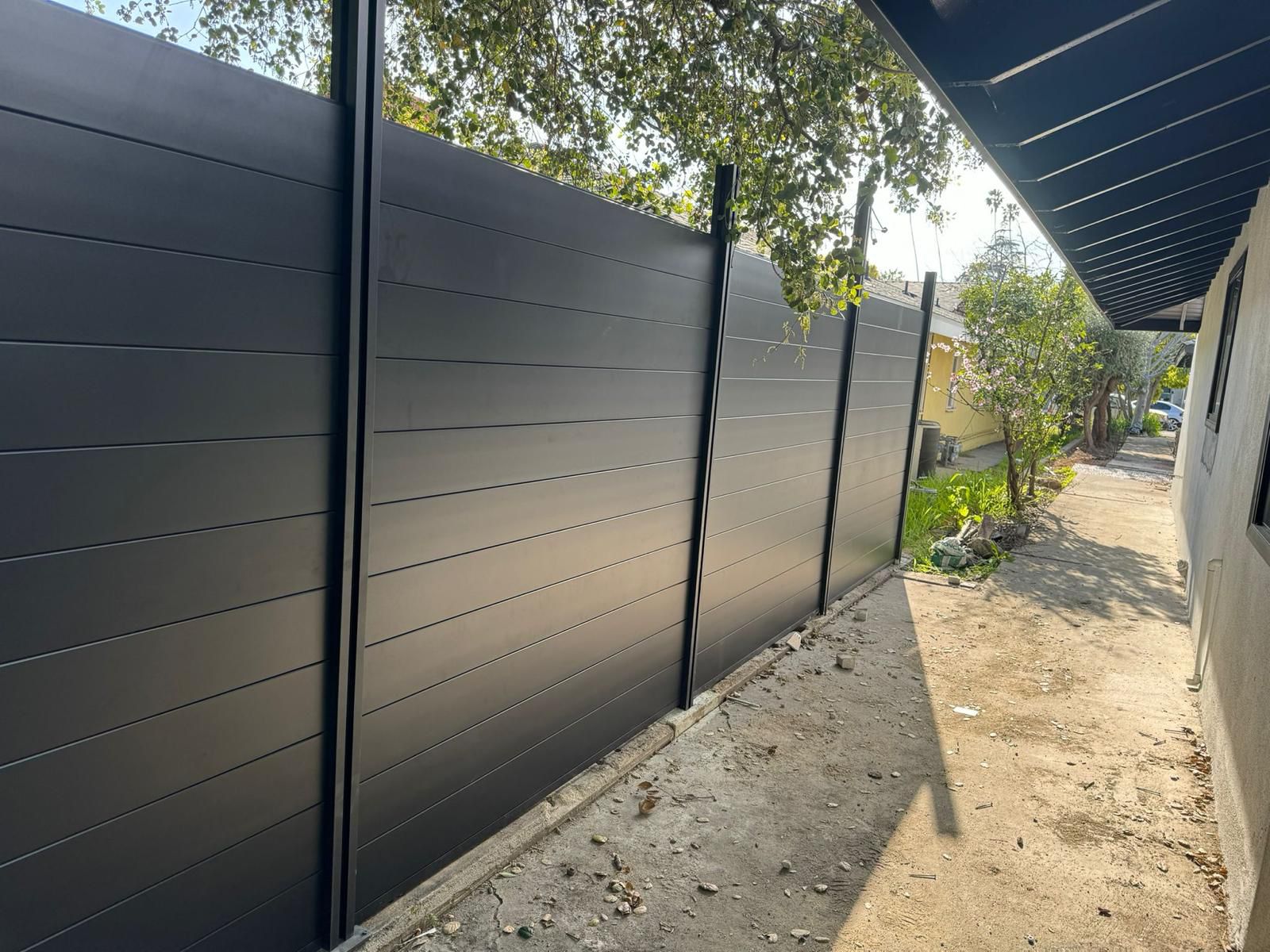
Aluminum gates and fences: advantages and disadvantages
- By Admin
- Posted on
Aluminum, as a relatively new material in the field of gates and fencing, is rapidly gaining popularity due to its unique properties. However, its adoption is still limited compared to its steel counterparts due to several factors.
▶️ Reasons for Limited Distribution ◀️
- High cost of aluminum: Compared to steel, aluminum is a more expensive material, which forces many consumers to look for more affordable options.
- Low number of specialized manufacturers: The production of aluminum structures requires special equipment, technology and engineering expertise, which limits the number of specialized manufacturers in the market.
- Welding Difficulty: Aluminum’s low melting point makes it difficult to use traditional welding methods. Although this process is possible, it requires special equipment and skilled technicians.
▶️ Advantages of Aluminum ◀️
- High corrosion resistance: Aluminum forms a protective oxide layer on its surface, which prevents further corrosion.
- Polymer Coating: Powder coating provides additional protection against corrosion and provides an attractive appearance for up to 20 years. It is also more resistant to mechanical damage and environmentally friendly.
- Lightness: Aluminum is much lighter than steel, which reduces the load on fittings and electric drives if the gate is automated.
- Modular design: The prefabricated design makes it easy to replace individual elements if they become damaged.
Inspired by the benefits of aluminum?
See our range of aluminum fencing options.
▶️ Disadvantages of Aluminum ◀️
- High cost: Aluminum structures are more expensive than steel ones due to the high price of the material.
- Difficult restoration: Although the coating is resistant to mechanical damage, its removal can be difficult. Heat treatment to re-baking the coating is not possible, so you have to select a corrector shade or replace the damaged part.
- Requirements for installation: Aluminum is softer than steel, so careless installation can damage the integrity of the structure, especially moving parts.
▶️ Application ◀️
Aluminum gates and fences are widely used in various fields:
- Private houses and cottages: Beautiful appearance and corrosion resistance make aluminum ideal for gates and fences in residential buildings.
- Commercial Buildings: Lightweight and corrosion-resistant make aluminum structures suitable for gates in warehouses, offices and manufacturing plants.
- Public Spaces: Aluminum is used in parks, schools and hospitals where durable, attractive and low maintenance fencing is required.
▶️ Conclusion ◀️
Aluminum gates and fencing offer a number of benefits, including high corrosion resistance, durability and aesthetic appearance. However, their higher cost and requirements for skilled installation limit their widespread use. By weighing the pros and cons, consumers can make informed decisions about choosing aluminum or steel fencing based on their specific needs and budget.


